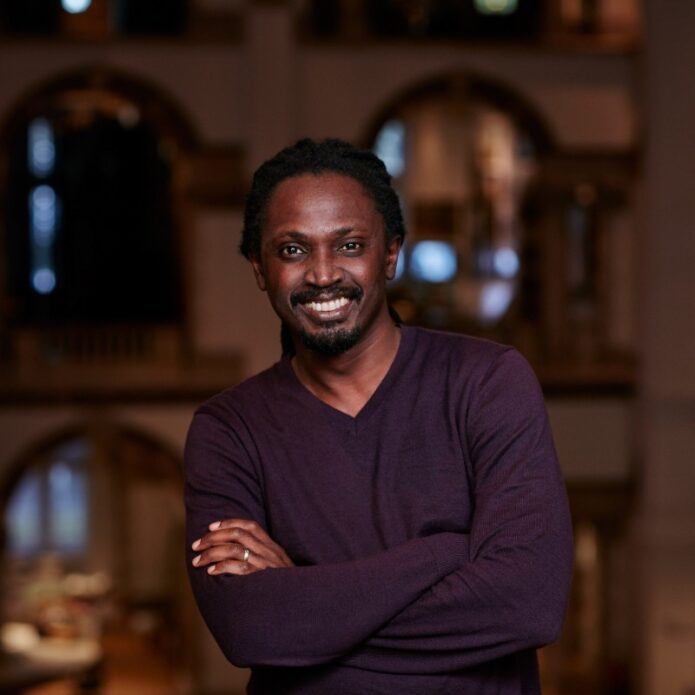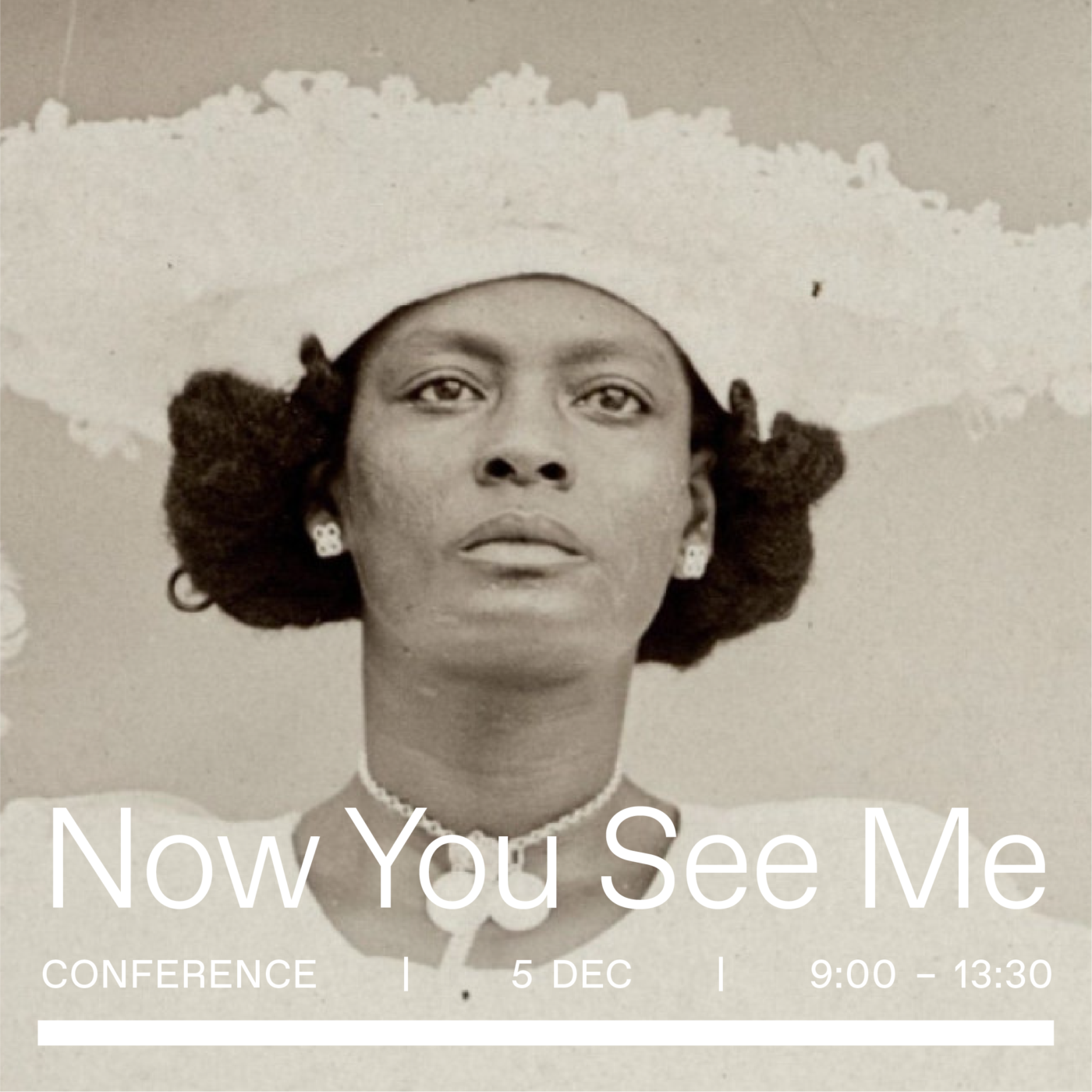
5 Dec 2023
09:00 - 13:30
Symposium: Now You See Me
Held at Framer Framed on 5 December, and Wereldmuseum Amsterdam on 6 December, Now You See Me will consist of paper presentations, followed by discussions in order to continue informing the ways of better engaging the history of Black women through written, visual, oral, and material historical sources. Join us!
Scholars of slavery, Africa, the Atlantic world, and the African diaspora have paid increasing attention to the central role of African women and their descendants in the development of the lucrative institution of slavery in the Americas (Morgan 2004, Johnson 2020, Morgan 2021). Several of these studies have also focused on Black women’s sexualities and how they conformed to or defied Eurocentric views. The new visibility of Black women in recent studies has also gained traction in popular culture with the release of documentary films, television series, and motion pictures, featuring African women as warriors and rulers such as the Agodjié of Dahomey and Queen Njinga in Angola.
Yet, in their homelands in West Africa and West Central Africa, women played a greater variety of economic and social roles alongside their male counterparts. With the rise of the Atlantic slave trade, African women were victims of sexual violence perpetrated by European men stationed along the Atlantic coasts of Africa, and were also persecuted by the Inquisition. But even during the era of the Atlantic slave trade, African women had a variety of legal statuses as free, freed, and enslaved. They also performed several social, economic, and religious roles as wives, mothers, daughters, healers, merchants, and landowners. Some women also became slave owners and slave traders. Defying commodification, and religious persecution across the African continent and within the framework of the African diaspora, women created material and spiritual worlds of their own. Despite this recent recognition, when presenting histories of slavery museum exhibitions have rarely recognized the centrality of enslaved African women.
Drawing on the growing scholarship examining the central positions of African women in the continent and the important roles enslaved descendants in the Americas, this two-day academic conference will gather historians, art historians, and curators to explore the history of Black women in Africa and the African diaspora during the era of slavery, the Atlantic slave trade, and colonialism, with the aim of:
1) Reevaluating recent scholarship about enslaved, unfree, freed, and free African women and their descendants in Africa, Europe, and the Americas, and the histories of their sexualities, in order to explore which fields, themes, and approaches have been underrepresented or overrepresented.
2) Examining how African women, enslaved, freed, and free, engaged with material culture, ideas, and spirituality during the era of the Atlantic slave trade.
3) Assessing and revisiting the problematic nature of demographic data, as well as colonial written, oral, and visual sources related to the history of African women and their descendants.
4) Exploring the connections between the experiences of enslaved African women and other unfree women who were submitted to indentured servitude.
5) Discussing how the existing scholarship on African women and their descendants has informed existing representations of slavery, the Atlantic slave trade, and colonialism in the museum and other initiatives such as public monuments and memorials.
This event is in English and free of charge.
Are you joining us? Please register via Eventbrite.
Programme
5 December 2023
Framer Framed
Oranje-Vrijstaatkade 71
1093 KS Amsterdam
9:00 Registration
9:30 Welcome remarks
Ana Lucia Araujo, Howard University, United States,
Carine Zaayman, Wereldmuseum Amsterdam, the Netherlands,
Wayne Modest, Wereldmuseum Amsterdam, the Netherlands.
Panel 1: Multidimensional and Defying Roles of African and Black Women
Chair and Discussant: Ana Lucia Araujo, Howard University, United States.
9:40 Merchant, Healer, Household Head, Queen: Daily Life for Women in Cacheu (Guinea-Bissau), 1630s-1660s
Toby Green, King’s College London, United Kingdom.
10:10 Black Women and the Portuguese Inquisition in the early modern Atlantic World: Cooperation, Defiance and Persecution
Filipa Ribeiro da Silva, International Institute of Social History, the Netherlands.
10:40 Discussion
Panel 2: Mobility, Resistance, and Freedom
Chair and discussant: Toby Green, King’s College London, United Kingdom.
11:20 Violence and Resistance: Capture, Enslavement and Sale of Girls and Women in West Central Africa, 1550-1880s
Mariana P. Candido, Emory University, United States and American Academy in Berlin, Germany.
11:50 Mapping an Eighteenth-Century Black Metropolis in France (But Not in Paris)
Lorelle Semley, Boston College, United States.
12:20 African Women’s Resistance in the French Slave Trade
Jessica Marie Johnson, Associate Professor, Department of History, Johns Hopkins University, Baltimore, United States.
Discussion
More info about the programme on 6 December at Wereldmuseum Amsterdam, Studio (Linnaeusstraat 2, 1092 CK Amsterdam) is HERE!
This conference is co-organised by Research Center for Material Culture, Wereldmuseum Amsterdam and Framer Framed.
- Wereldmuseum
Links
Slavernij / Diaspora / Koloniale geschiedenis /
Netwerk
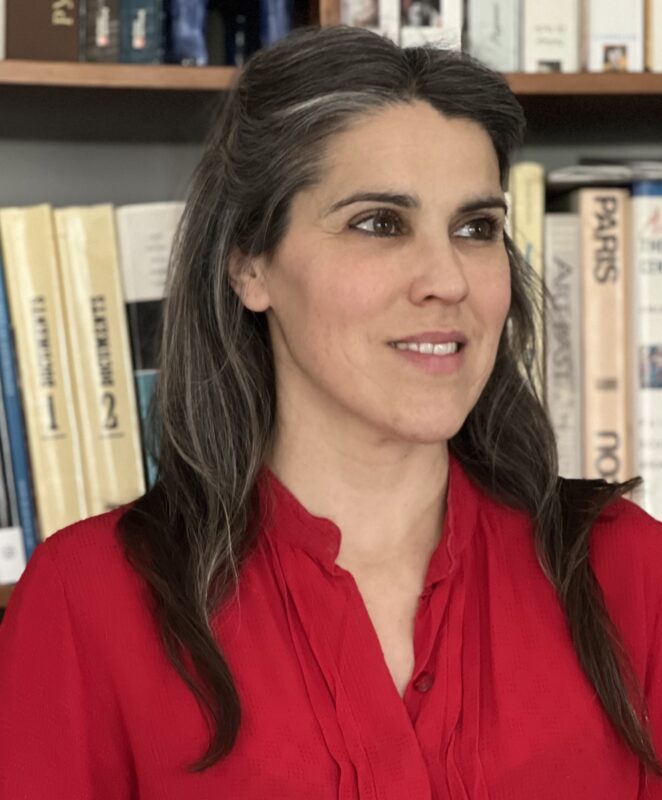
Inês Beleza Barreiros
Kunsthistoricus, cultuurcriticus en curator
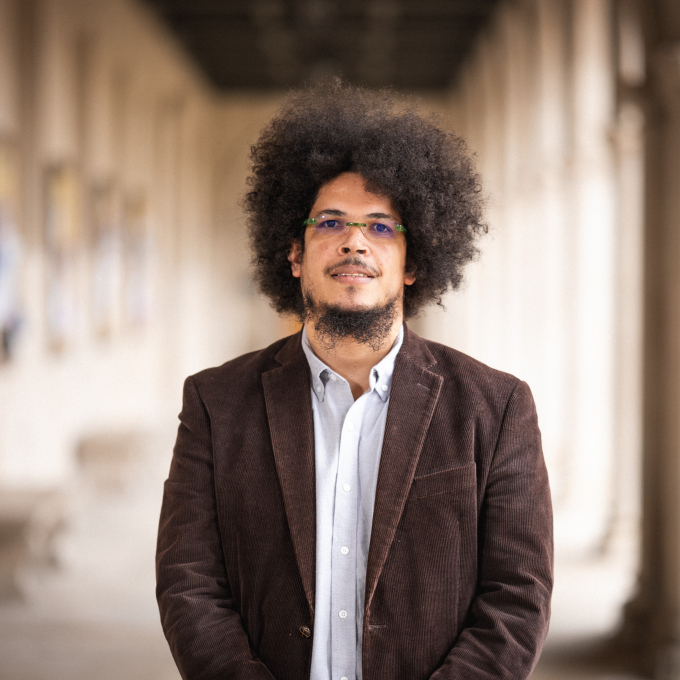
Miguel Valerio
Onderzoeker
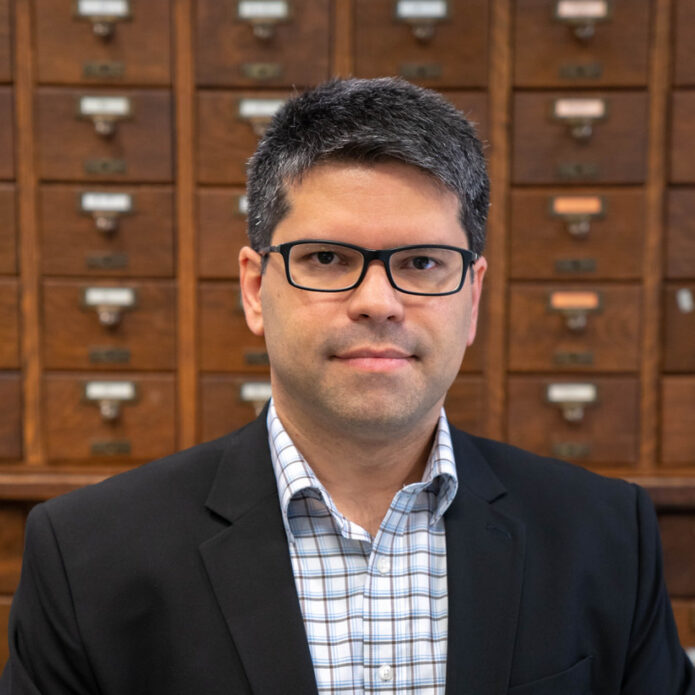
Daniel B. Domingues da Silva
Historicus
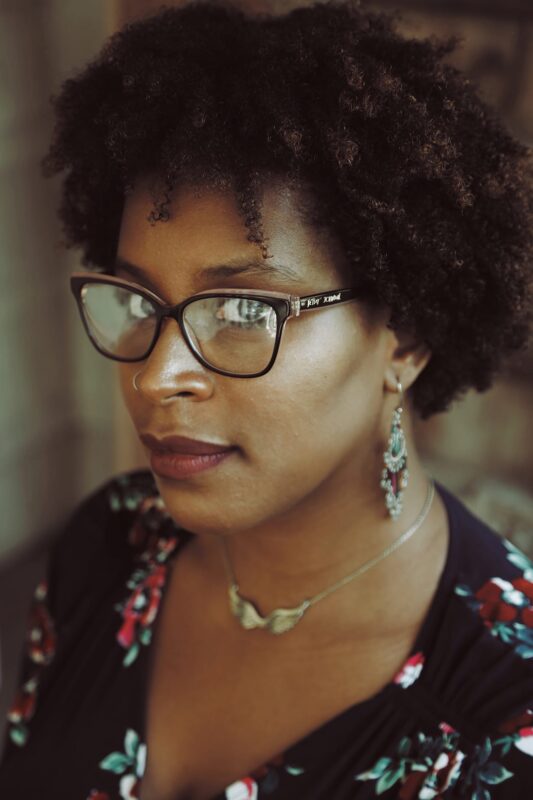
Jessica Marie Johnson
Historicus
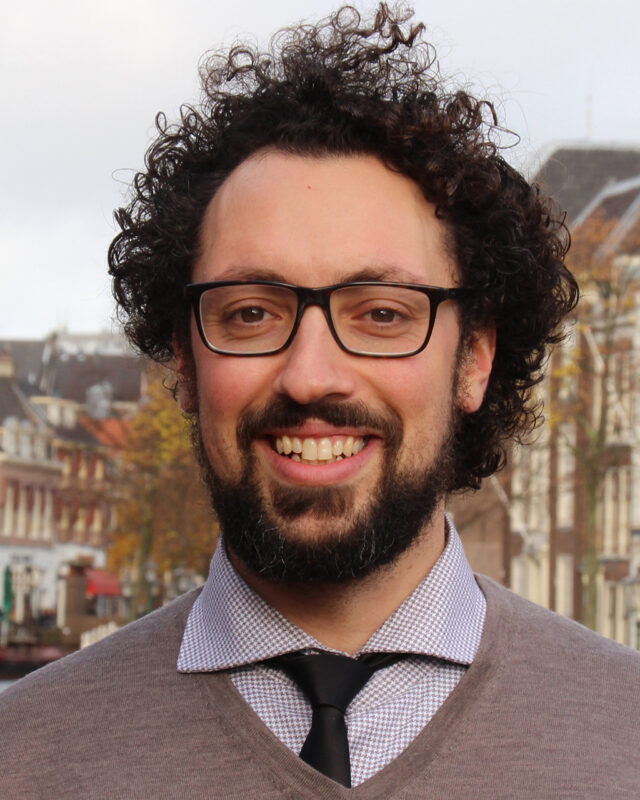
Karwan Fatah-Black
Docent
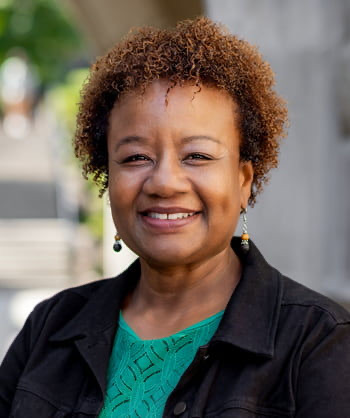
Lorelle Semley
Historicus en onderzoeker
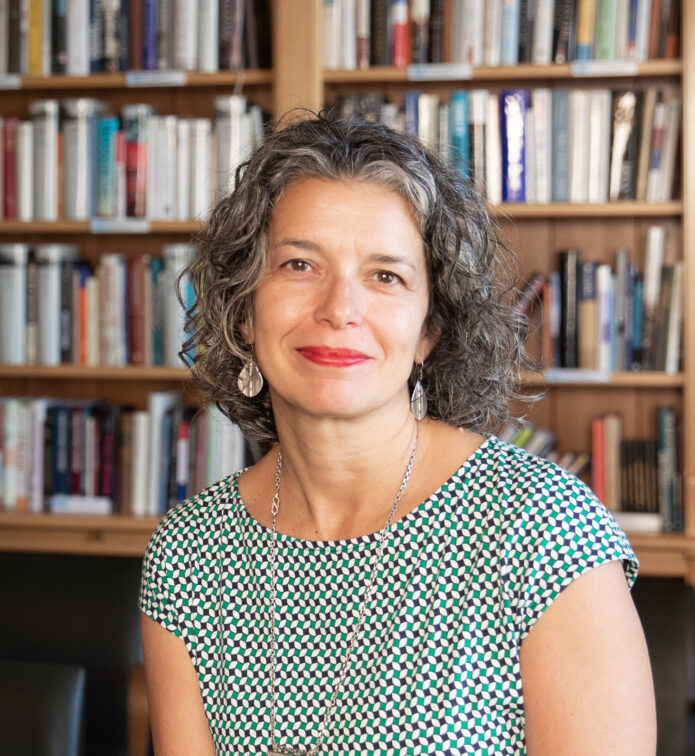
Mariana P. Candido
Historicus en onderzoeker
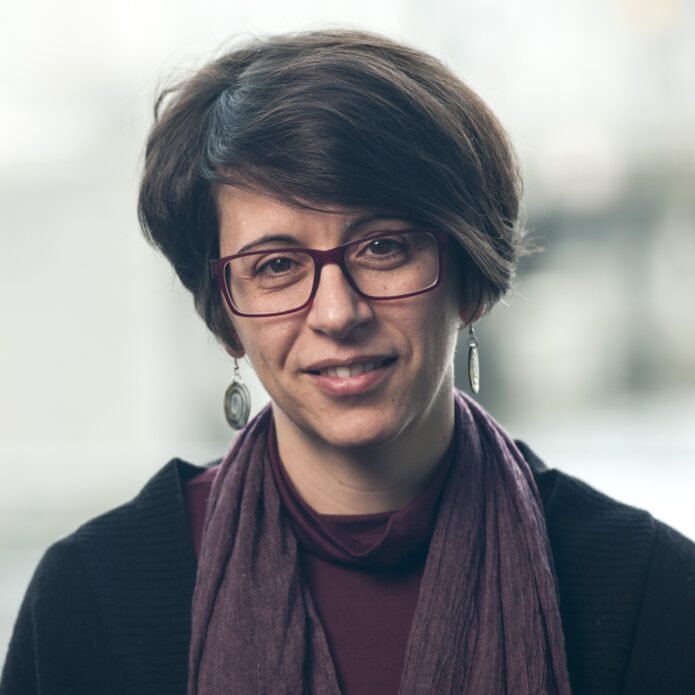
Filipa Ribeiro da Silva
Onderzoeker
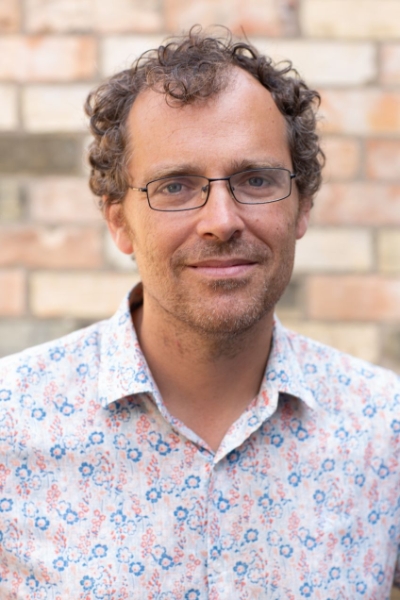
Toby Green
Historicus
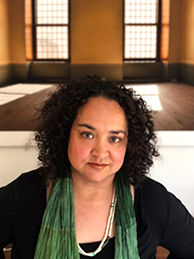
Carine Zaayman
Kunstenaar, curator en onderzoeker
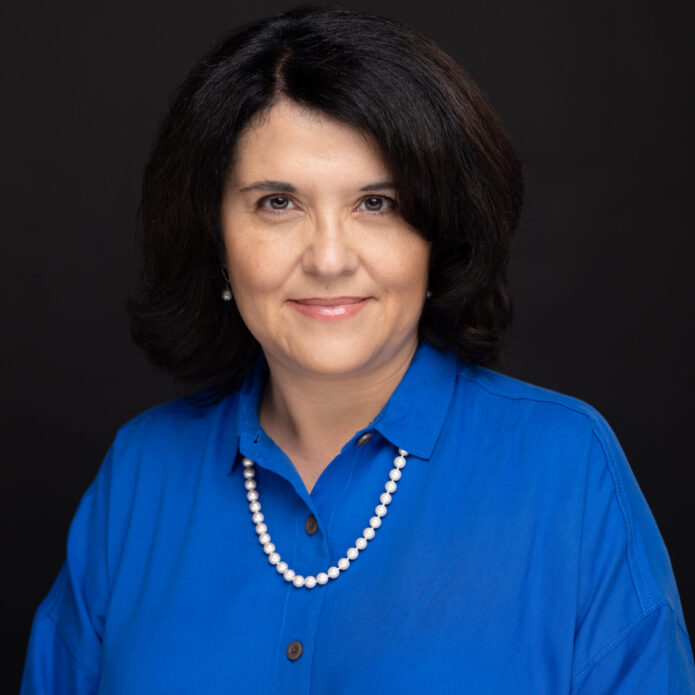
Ana Lucia Araujo
Historicus
